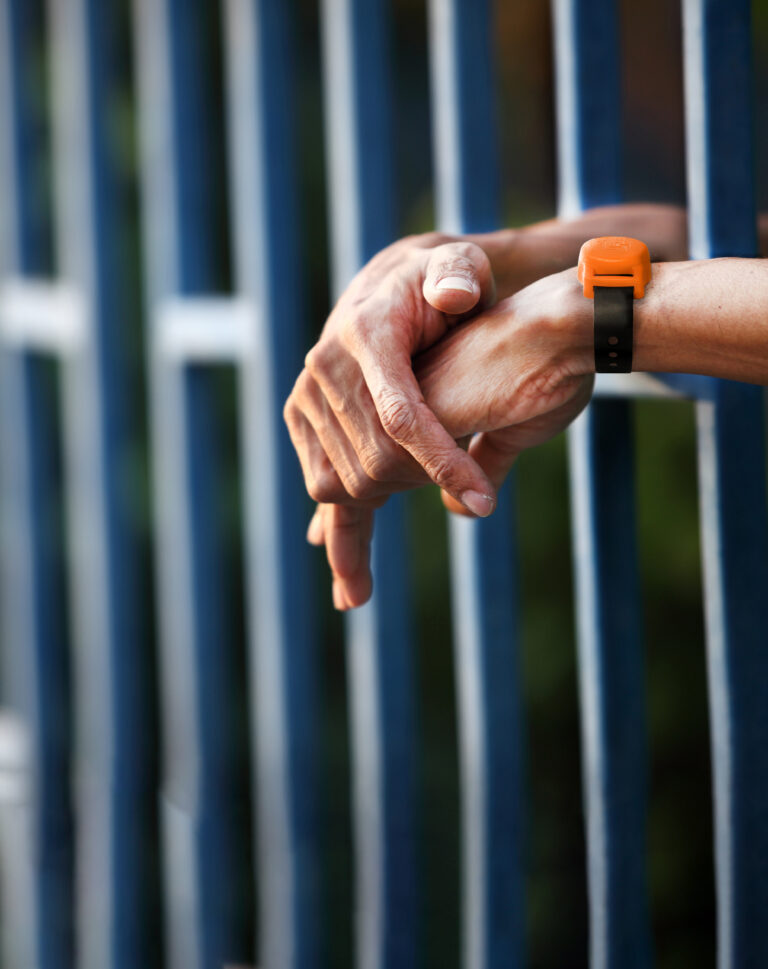Russia to Consider Prison Labor for 2018 World Cup Construction
MOSCOW — Russian authorities may have found the answer to keeping costs to a minimum when hosting the 2018 World Cup: prison labor.
Russia’s Federal Penitentiary Service is backing a bid by Alexander Khinshtein, a lawmaker from the ruling United Russia party, which would allow inmates to work at factories that are building materials for World Cup projects.
“It’ll help in the sense that there will be the opportunity to acquire building materials for a lower price, lower than there is currently on the market,” Khinshtein told The Associated Press. “And apart from that it’ll make it possible to get prisoners into work, which is very positive.”
The Russian prison service is helping Khinshtein draw up the proposals, which will be submitted to parliament soon, reported The Associated Press. The plan comes at a time when the World Cup budget of 637.6 billion rubles ($12.7 billion) faces issues after the value of the ruble dropped compared to last year, making imported materials more expensive. Although the ruble has recovered much of its lost value, it is still worth about a third less than the U.S. dollar.
Although Deputy Director of Russia’s Federal Penitentiary Service Anatoly Rudy has yet to comment on the plan to use prison labor to build World Cup facilities, he has said that he is open to ideas about employing the more than 870,000 inmates incarcerated throughout the country, according to BBC News. One setback to the plan would be figuring out how to transport inmates across the country to work.
The Associated Press reported that the current plan in Russia would allow workers to continue to live in their prison camps and be transported to their place of work each day. They would get paid an average wage of about 15,000 rubles ($300) a month.
Russian prison labor plans have faced past allegations that inmates are often underpaid and forced to work long hours, according to The Associated Press. In fact, Pussy Riot band member Nadezhda Tolokonnikova went on a hunger strike to protest working conditions at her prison camp back in 2013 when she was incarcerated.
World Cup Organizer FIFA was recently heavily criticized for awarding the 2018 and 2022 World Cup to Russia and Qatar, respectively, because of their human rights records. Possible forced labor and worker death have already been reported on Qatar’s World Cup infrastructure projects, according to The Guardian.






